CRA and Airbnb hosts - All the news.
Posted by Steve Harmer on Wednesday, April 5th, 2017 at 11:18am.
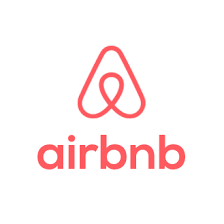 Canadian Airbnb hosts and the Canada Revenue Agency
Canadian Airbnb hosts and the Canada Revenue Agency
Contrary to popular belief, Airbnb hosting is not “free money”. In the eyes of the taxman, it’s rental income. That status, however, depends on a number of factors I’ll describe in this section.
Of primary importance is that hosts are documenting expenses and retaining receipts to reduce the impact of tax assessments, come CRA filing time. Credit card receipts don’t cut it with the Agency, as these don’t identify specific items purchased. You need to present the CRA with an actual receipt. This includes receipts for all the little things that make your property special – bathing products, toothbrushes, a selection of special teas, or coffee. That means that hosts are on the hook for every single penny earned.
But there are ways Canadian hosts can mitigate the impact of taxes on rental income.
Allowable expenses for hosts
One of these is what I’ve described above – the little things. All these amenities are expenses you can claim against rental income.
But on the upper tier of expenses, hosts should be aware that there are two different types of expenses adhering. These are current expenses and Capital Cost Allowance (CCA). The first type applies to property tax, utilities and routine maintenance, like repairs or painting. These can be claimed as a percentage of income. The second type applies to either the creation or renovation of the facility (construction or large scale overhauls – not just cosmetic changes).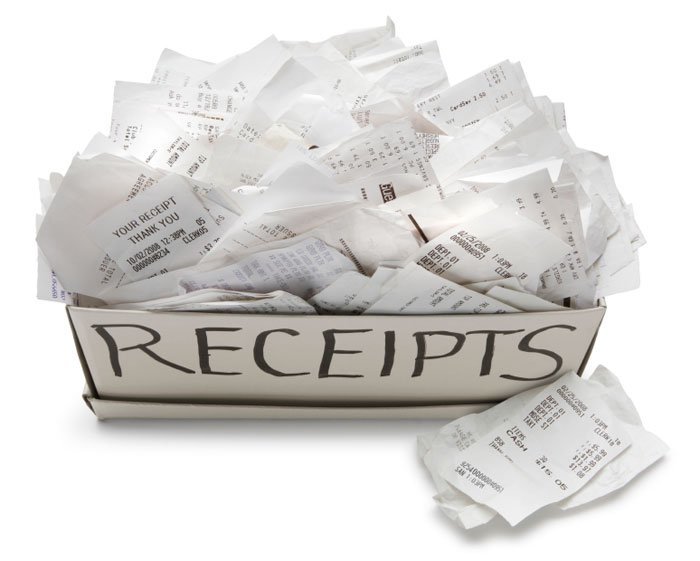
While the status of your property changes once you begin renting a portion of it, there are some important distinctions you should be aware of. For example, a hosting property may still be considered a principle residence if the rental area is reasonably small, in terms of the total area of the property. Two out of five rooms is an acceptable proportion of your total property. That 2/5ths represents 40% of your total expenses, which is what you should claim. More than that and your principle residence status changes.
As detailed above, any structural changes to the property to create a rental space, or claiming CCA for those changes, can also change the status of the property as a whole. For this reason, it’s counseled that hosts not claim CCA. The effect is that capital gains tax adheres to the property’s future sale and this can make quite a dent on your ROI (return on investment). However, you can go ahead and claim CCA on furniture and equipment, so long as those are not permanent structural.
Hosts should also be keenly aware that the CRA is catching up to the sharing economy, having added a line item to personal income tax forms, asking for the URLs of income-generating sources and the percentage of income earned at these sources. If this income is not reported and the CRA becomes aware of it, Airbnb hosts can be subject to penalties and interest (and nobody likes those).
Rental or business tax?
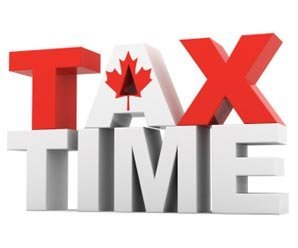 Another important consideration for hosts is determining whether monies earned from the rental property will be viewed as rental or business income. The CRA will take into account services rendered. How many of these and the nature of the services offered can change the status of your hosting income in the eyes of the Agency. Rental income includes standard services common to all rentals, like electricity, heat, in suite laundry facilities and parking. But if you provide services like security, meals, or cleaning, you will most probably be considered a business under the tax code. When it comes to HST/GST, if your income from hosting exceeds $30,000 you have to register and pay the applicable tax. When it comes to PST, things vary from province to province.
Another important consideration for hosts is determining whether monies earned from the rental property will be viewed as rental or business income. The CRA will take into account services rendered. How many of these and the nature of the services offered can change the status of your hosting income in the eyes of the Agency. Rental income includes standard services common to all rentals, like electricity, heat, in suite laundry facilities and parking. But if you provide services like security, meals, or cleaning, you will most probably be considered a business under the tax code. When it comes to HST/GST, if your income from hosting exceeds $30,000 you have to register and pay the applicable tax. When it comes to PST, things vary from province to province.
Here is some information from provinces where PST applies to short term accommodation, where you can find more detailed information:
In British Columbia, for example, PST is due if you are renting out four or more units only, and this also includes MRDT. As per:
Bulletin PST 003 – Small Sellers
Bulletin PST 120 – Accommodation
Manitoba, as far as I can tell requires you to pay the RST on all short term accommodation (less than one month), according to the two bulletins here: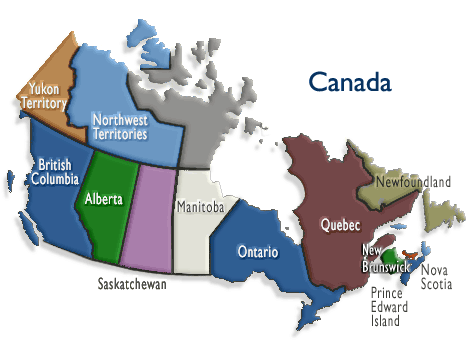
Bulletin 30
Bulletin 40
Saskatchewan requires you to pay PST on your short term accommodation regardless of the total amount of revenues. Here are some links:
Accommodation PST-47
Bulletin PST-31
Quebec is a little more complicated in that there is GST, QST, and Tax On Lodging. You do not have to register for GST/HST or QST if your revenues do not exceed $30,000 in a four-quarter period. However, the tax on lodging applies regardless of your total revenues and varies depending on the tourism region that your rental is located in. Here are some resources to help you navigate:
Taxes on Sleeping-Accommodation Providers
Tax on Lodging – Billing
Calculating and Collecting the Tax on Lodging
Find out more about Airbnb taxes in Canada
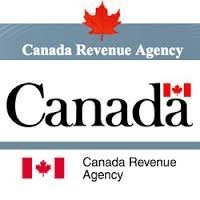 I advise Airbnb hosts to pay the Canada Revenue Agency’s website a visit to ensure they’re in compliance. A host prepared for the coming of the taxman is a happy, protected host and one who won’t be dinged when filing time arrives. If you are still in doubt, consult a good accountant!
I advise Airbnb hosts to pay the Canada Revenue Agency’s website a visit to ensure they’re in compliance. A host prepared for the coming of the taxman is a happy, protected host and one who won’t be dinged when filing time arrives. If you are still in doubt, consult a good accountant!
Finally, if hosts have been a little lax in reporting income from rental properties, it’s not necessarily the end of the world. The CRA’s Voluntary Disclosures Program eliminates penalties (often onerous), but taxes and interest will still apply.
Forewarned is forearmed. Canadian hosts need to make sure their ducks are in a row when the taxman cometh.
Here are a few more helpful links:
Canada Business Network – Overview of Charging and Collecting Sales Tax
Canada Revenue Agency – GST/HST Information for the Travel and Convention Industry
© https://www.airbnbtips.com/legal/canadian-airbnb-taxes-income-guide/

